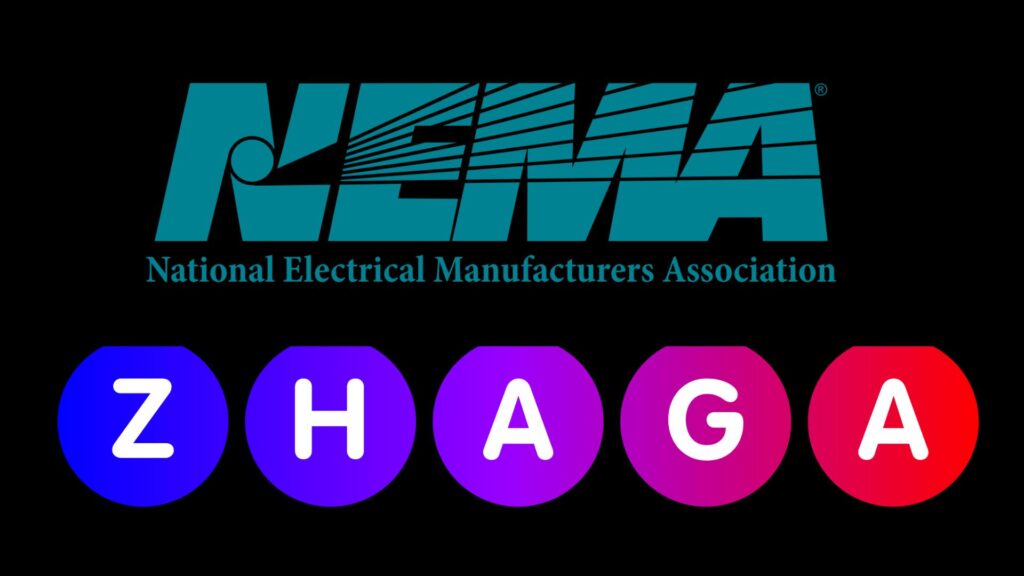Outline
- Introduction
- Understanding Essential Features Of Right Road Light Controller
- Waterproofing & Durability
- Operating Temperature Range
- Response Time & Sensitivity
- Decoding Certifications
- CE Marking
- UL Certification
- Other Relevant Standards
- Advanced Features to Consider
- Energy-saving features
- Tips for Selecting the Right Vendor
- The Bottom Line
Safety, efficiency, and longevity are three lynchpin aspects when choosing the right road light controller for outdoor lighting applications. A reliable controller is proportional to significantly boost performance and maintenance costs, whether for streetlights, highways, or parking lots.
This guide will probe into essential features and certifications you need to consider while buying light controllers, further demystifying the process for you. We’ll explore the importance of waterproofing, durability, and compatibility with various lighting systems. Additionally, we’ll demystify key certifications like CE and UL, helping you understand what these marks mean for product safety and compliance.
By the end of this guide, you’ll be well-equipped to make an informed decision, ensuring your road light controller meets your specific needs and withstands the demands of its environment.

Understanding Essential Features Of Right Road Light Controller
Opting for the right road light controller that is reliable, efficient, and cost-effective involves more than just choosing a device that turns lights on and off. It’s about evaluating long-term performance, compatibility while battered, and seamless integration with your existing systems.
Here are the essential features to consider.
Waterproofing & Durability
Outdoor installations demand robust protection against environmental elements. The IP (Ingress Protection) rating system is a key indicator of a controller’s ability to resist dust and water in this regard.
For road light controllers, an IP65 rating or higher is often recommended. This means the device is dust-tight and can withstand water jets from any direction. Ensuring your controller has a high IP rating guarantees it can endure harsh weather conditions, from heavy rain to dusty winds, maintaining consistent performance without frequent maintenance or replacements.
Operating Temperature Range
Due to the varying climates they may encounter, road light controllers must function reliably across a broad temperature spectrum, typically ranging from -40°C to 70°C. This extended range ensures the controller can handle extreme cold and heat without malfunctioning.
Further, while making installations in severe temperature regions, whether hot or cold, a controller with a broad temperature tolerance will provide stable performance year-round, reducing the risk of failures and ensuring the safety and efficiency of your lighting system.
Response Time & Sensitivity
Quick response times and high sensitivity in a road light controller enhance lighting efficiency and user experience. Fast response times mean that lights can adjust immediately to changes in natural light or movement, providing optimal illumination exactly when needed.
Sensitivity ensures the controller can detect subtle changes in light levels or movement, adjusting the lighting accordingly. Together, these features contribute to a responsive and energy-efficient lighting system.
Decoding Certifications
Certifications are critical to authenticating the reliability and compatibility of any product. In the case of road light controllers, they ensure the product meets specific safety and performance standards.
Thus, discussed below are some related bodies; understanding them can help you make an informed decision and ensure compliance with local regulations.
CE Marking
European Union (EU) has specific safety, health, and environmental protection standards that every product sold there must comply with. CE mark is fundamental in this regard. It stands for Conformite Europeenne and signifies a product’s compliance with European Union standards.
Concerning road light controllers, the CE certification is the hallmark of the controller’s rigorous testing according to the EU’s stringent guidelines, safe to use, environmentally friendly, and free from hazardous substances.
UL Certification
Next comes UL certification carried out by Underwriters Laboratories. This is a North American body that testifies to the eligibility of electric products to be sold in the region.
For road light controllers, UL standards focus on electrical safety, fire resistance, and overall performance. A UL-certified controller has undergone extensive testing to ensure its safe operation within a range of conditions.
While extreme clients events like hurricane and Tornados are frequent in America than any other continent, this certification is particularly important for outdoor lighting controls, as it verifies the product can withstand harsh weather, voltage fluctuations, and other environmental stresses. Choosing a UL-certified controller guarantees a high level of safety and performance, protecting both the installation and users.

Other Relevant Standards
Besides CE and UL, various other certifications could also testify to the reliability of road light controllers.
RoHS, or Restriction of Hazardous Substances, as their name indicates, is a certification that ensures the safe manufacturing of products free from hazardous materials. This promotes usage safety and environmental sustainability.
The FCC, or Federal Communications Commission, is another important check to streamline the radiofrequency energy of light controllers, ensuring they do not interfere with other electronic devices.
These additional certifications help ensure the road light controller is safe, reliable, and compliant with various regulatory requirements, making it a more robust choice for your lighting needs.
Advanced Features to Consider
When selecting a road light controller, advanced features can significantly enhance its functionality and efficiency. Smart capabilities like remote access, scheduling, and data analytics are increasingly important.
Remote access offers flexibility in operations by allowing you to control and monitor your lighting system from anywhere.
With scheduling features, lights can make automatic adjustments based on specific times or conditions. This optimizes energy usage and ensures lights are only on when needed.
Lastly, data analytics offer insights into energy consumption, maintenance needs, and system performance, helping you make informed decisions and further adding to easy handling.
Energy-saving features
Dimming capabilities and Occupancy sensing are two critical Energy-saving features of road light controllers.
Dimming allows for adjustments in light’s brightness based on ambient light levels or specific times of day. This reduces energy consumption without compromising visibility. On the other hand, an occupancy sensor detects the presence of people or vehicles and then acts to automatically adjust the lighting.
Tips for Selecting the Right Vendor

Choosing the right vendor is as important as selecting the right road light controller. Look for vendors with a solid reputation and excellent customer support, ensuring you have assistance when needed. Check for comprehensive warranties and reliable post-sales service to guarantee your investment is protected.
Chi-Swear road light controllers are highly recommended for their top-notch quality and robust support services. With Chi-Swear, you can trust that you’re getting a reliable, well-supported product that will meet your outdoor lighting needs and exceed your expectations.
The Bottom Line
Selecting the right road light controller involves considering essential features, certifications, and advanced capabilities. Prioritize certified, feature-rich products to ensure safety, efficiency, and reliability in your lighting system. For a dependable choice, consider Chi-Swear road light controllers, which are known for their quality and support.






